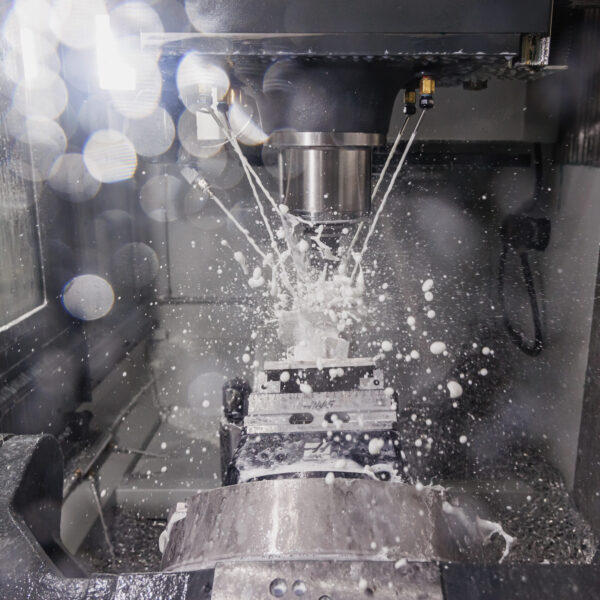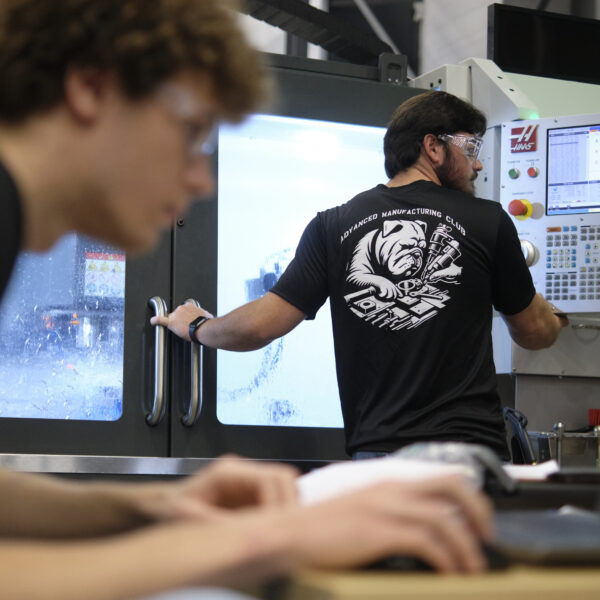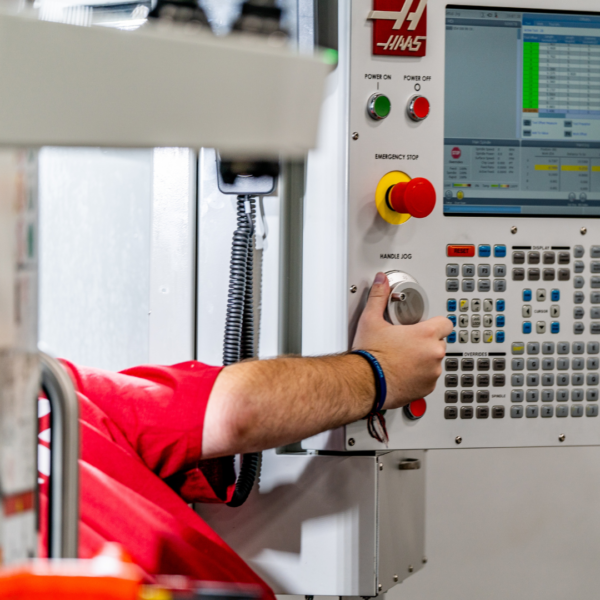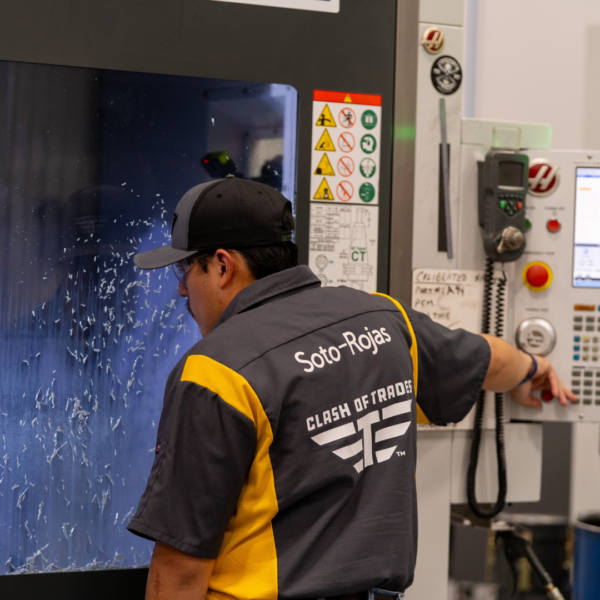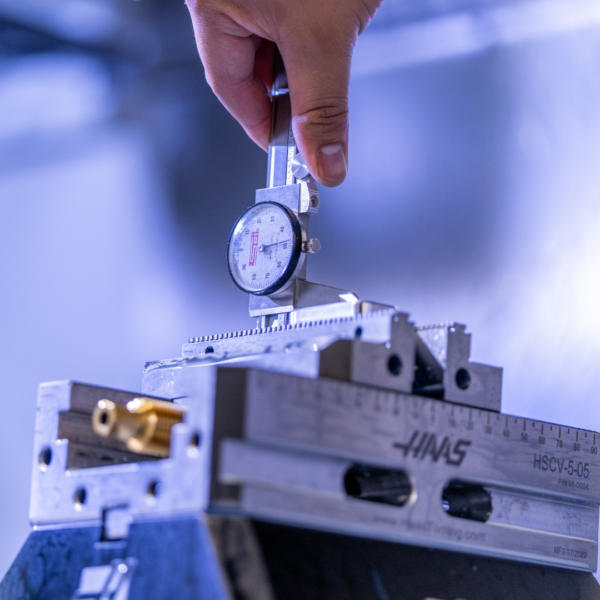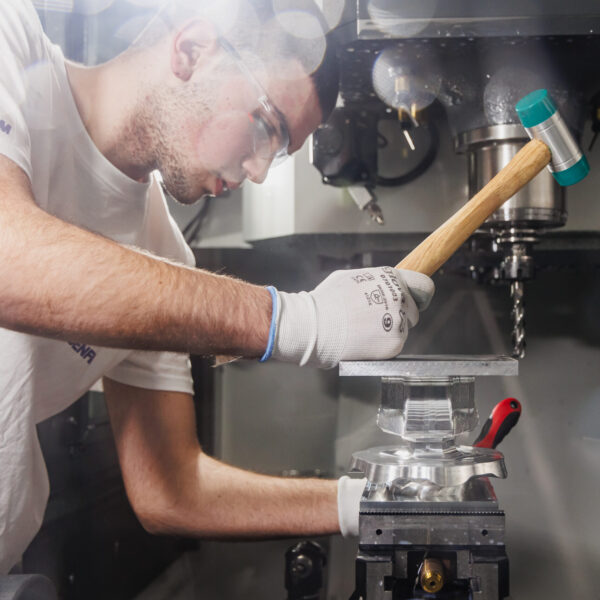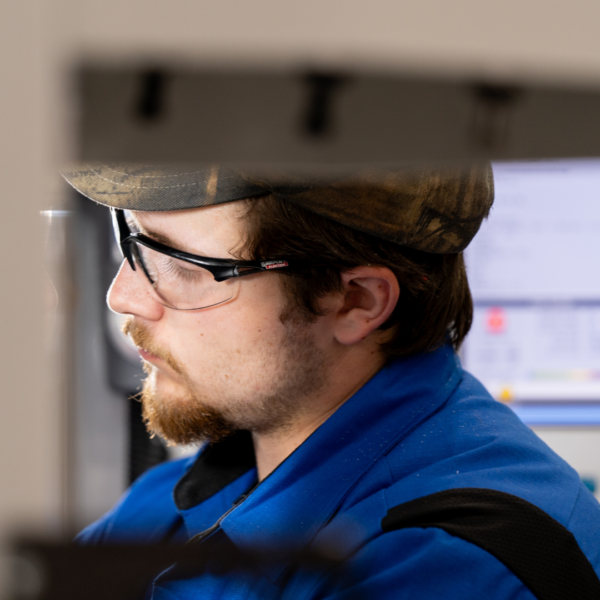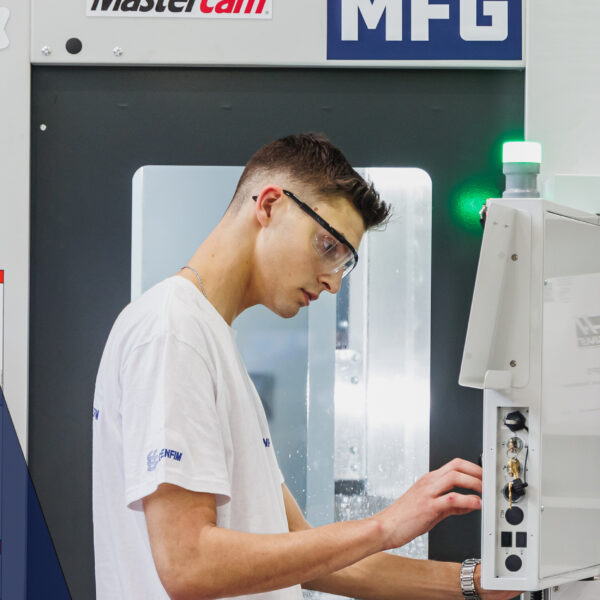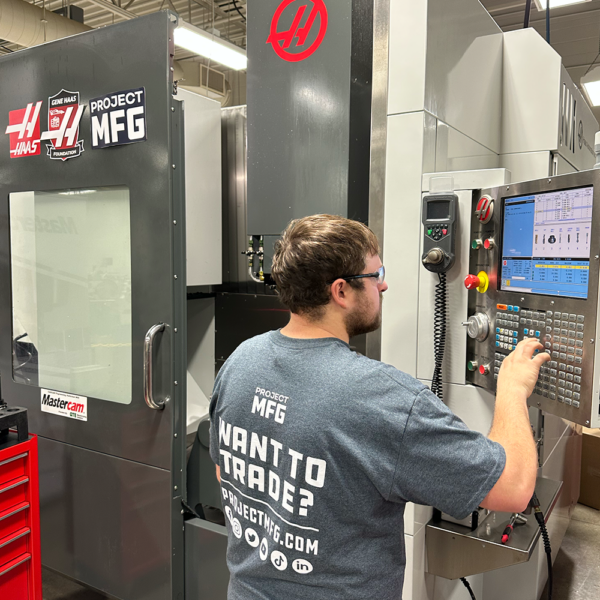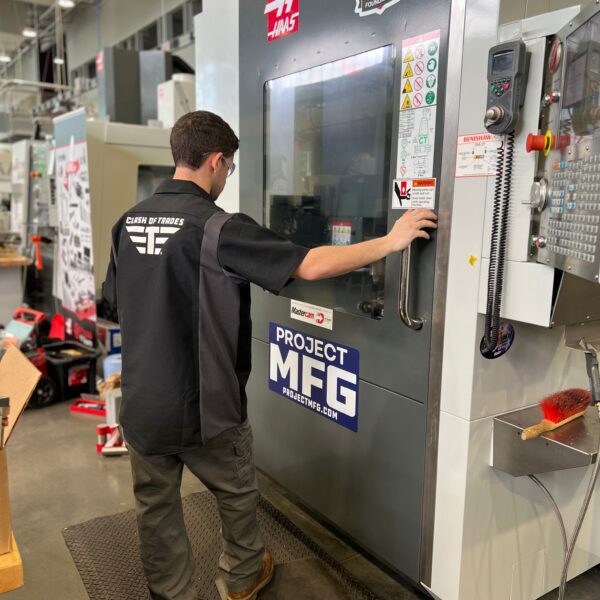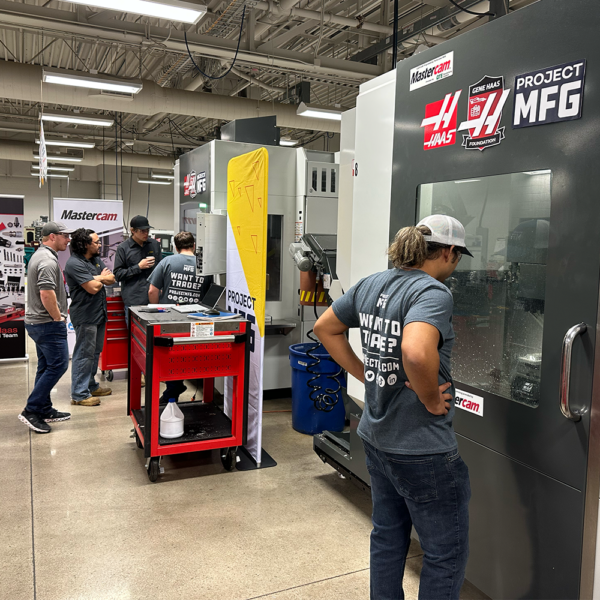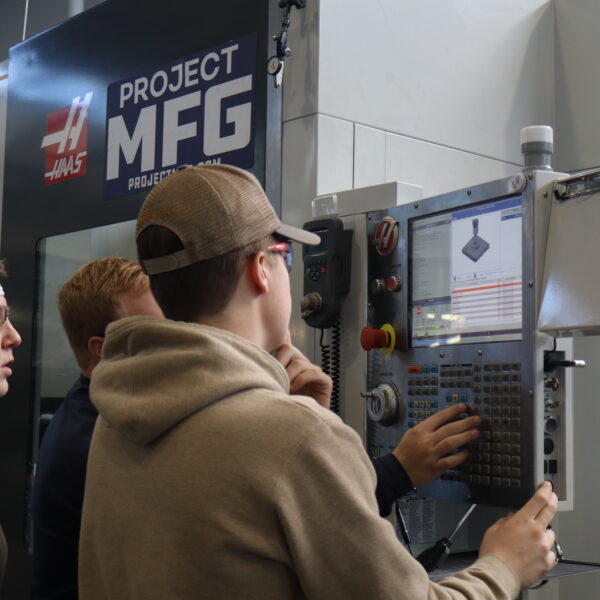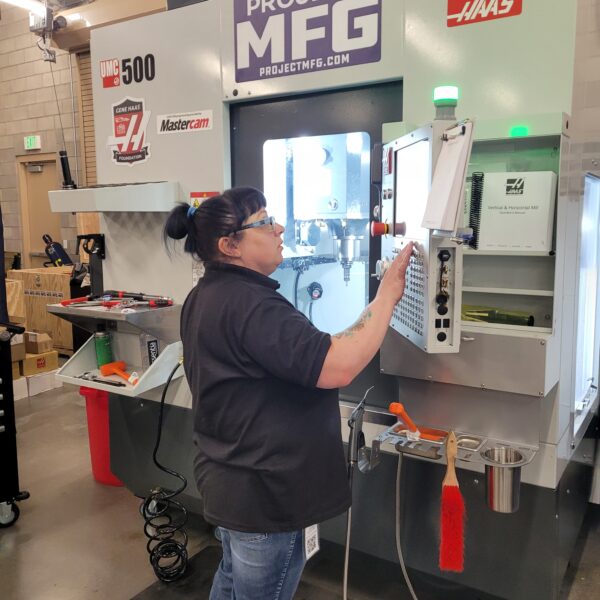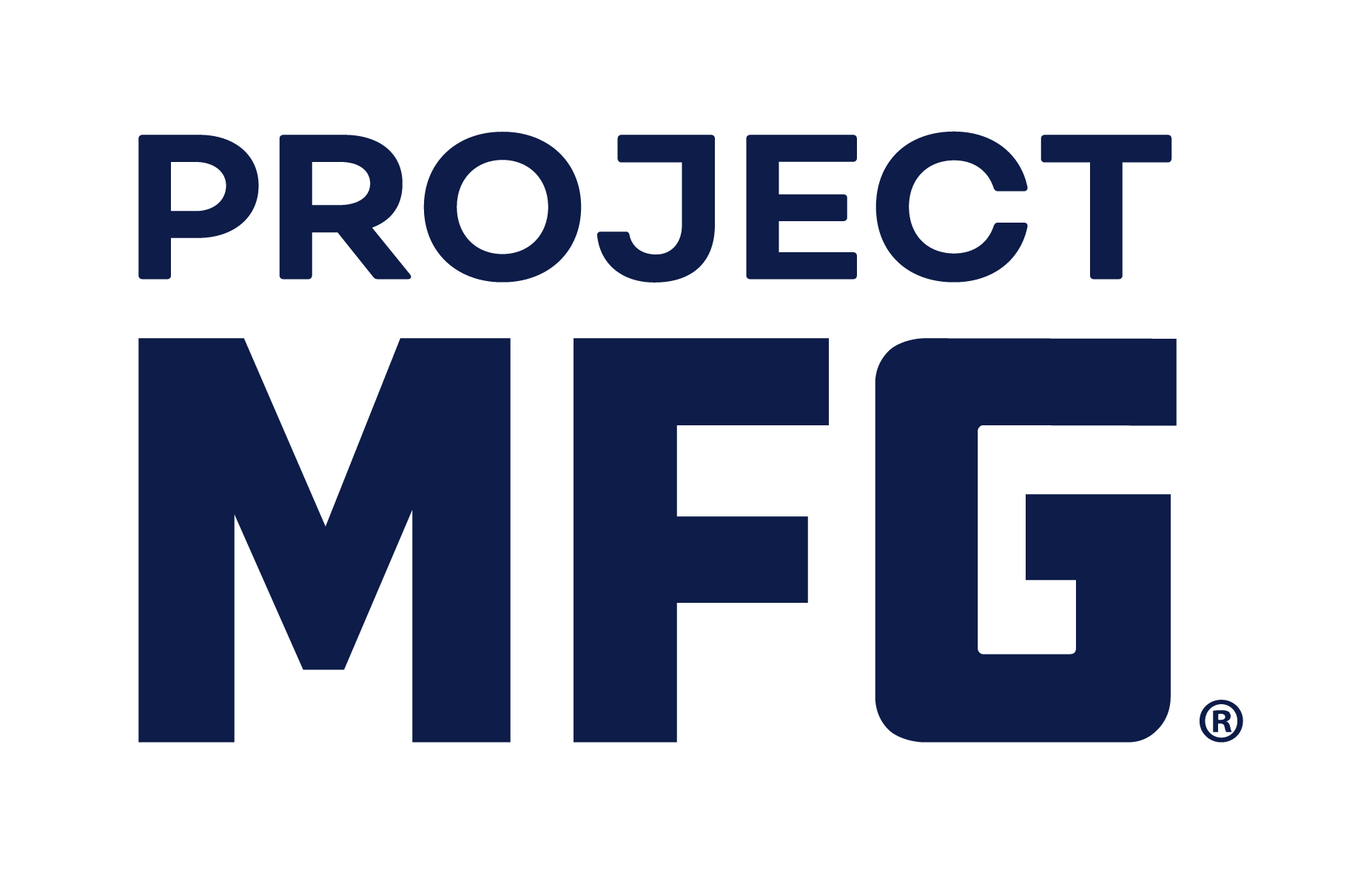Machining plays a critical role in modern manufacturing and in shaping the communities around us. Yet, around the world, many education systems don’t teach the future generation about skilled trade career options like machining and metalworking in comparison to other more traditional careers like doctors, accountants, teachers, etc. Unless you were to enroll in a Trade or Vocational school or go to a school that provides electives such as auto shop, you wouldn’t typically learn anything about jobs in the skilled trades and the skills that go with them. In other words, the future generation of the workforce and the next generation that will be responsible for shaping a better tomorrow aren’t getting a glimpse into the full possibilities of their future starting from a young age.
From our homes to the local parks, infrastructures, and other places around us. Our communities are safe, functional, and well-maintained because of the work done by skilled tradespeople every day. As we work to shape the future generation, we have a huge opportunity to make a change in the education system if we speak out on the importance of incorporating elective classes such as machining and metalworking alongside traditional academics. Introducing this type of curriculum to the younger generation could potentially change the perception toward professions in the skilled trades and motivate the youth to pursue career paths that is seen as different from the core professions more commonly taught in schools nationwide.
An elective like machining could help students learn the ins and outs of how things are made, widen their minds, and develop a deeper understanding of how the world around them works. Making a change and incorporating more elective classes like machining could provide the next generation with an education that helps bridge the gap between theoretical learning and real-world applications. On top of that, a skilled trade class like machining could help students develop essential skills that are valuable in all types of workforces and professional fields.
If students were given the opportunity to gain hands-on experience learning machining and metalworking, they would be given more opportunities to develop important life skills such as problem-solving, attention to detail, and perseverance. Teaching skilled trades to kids at a younger age could spark their creativity and show them the importance of craftsmanship as they learn to design, fabricate, and transform metal into all types of different objects. On top of that, due to the hands-on nature of careers like machining and metalworking, giving students physical projects to work on could potentially boost their confidence and help foster a sense of accomplishment as they complete a tangible project. These skills are not only applicable in the workshop but also in everyday life, making the next generation more adept at tackling various challenges.
By investing in the education and training of young machinists and metalworkers, we are also investing in the future of our economy and the sustainability of our industries. At the moment our nation is facing a shortage of skilled trade workers and in an ever-growing and advancing society, skilled tradesmen and tradeswomen are the key to keeping our economy strong and societies up to date with the newest innovations and technology. So, due to the current high demand for experienced machinists and metal workers, if education systems start integrating electives like machining and metalworking, we could also work toward filling the growing skills trade gap in the manufacturing sector.
At Project MFG we believe that when schools, industry, and government work together, we all win. Students gain skills to succeed, schools increase capacity to teach more students, industry has more qualified job candidates and U.S. manufacturing becomes more competitive as we level up the industrial workforce. So, guiding students to career paths like metalwork and machining could open up doors to more career possibilities not traditionally taught in past curriculum. We want to help elevate the next generation of highly skilled trade professionals by changing mindsets, fostering community preparedness, and challenging how the critical skills needed to succeed in modern advanced manufacturing are taught. By providing students with exposure to skilled trades, we can inspire the next generation of professionals who will be prepared to take on the challenges presented by a constantly evolving society.
In the grand scheme of things, we believe that by fostering the next generation of skilled machinists and metalworkers and just overall tradesmen, and tradeswomen we can strengthen the manufacturing sector and contribute to the overall economy in the long run. By investing in machining education today, we are laying the groundwork for a future where innovation thrives, skilled trades are highly respected, and most importantly people are pursuing a career they are generally passionate about.
